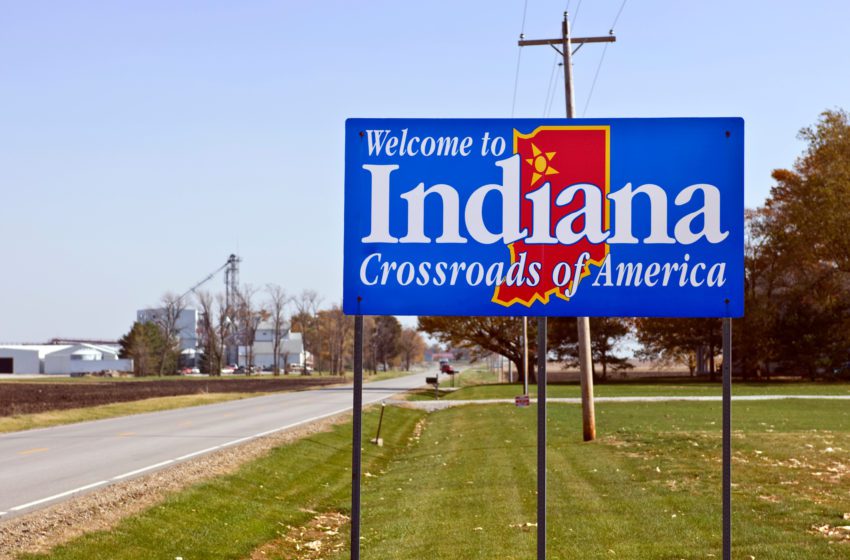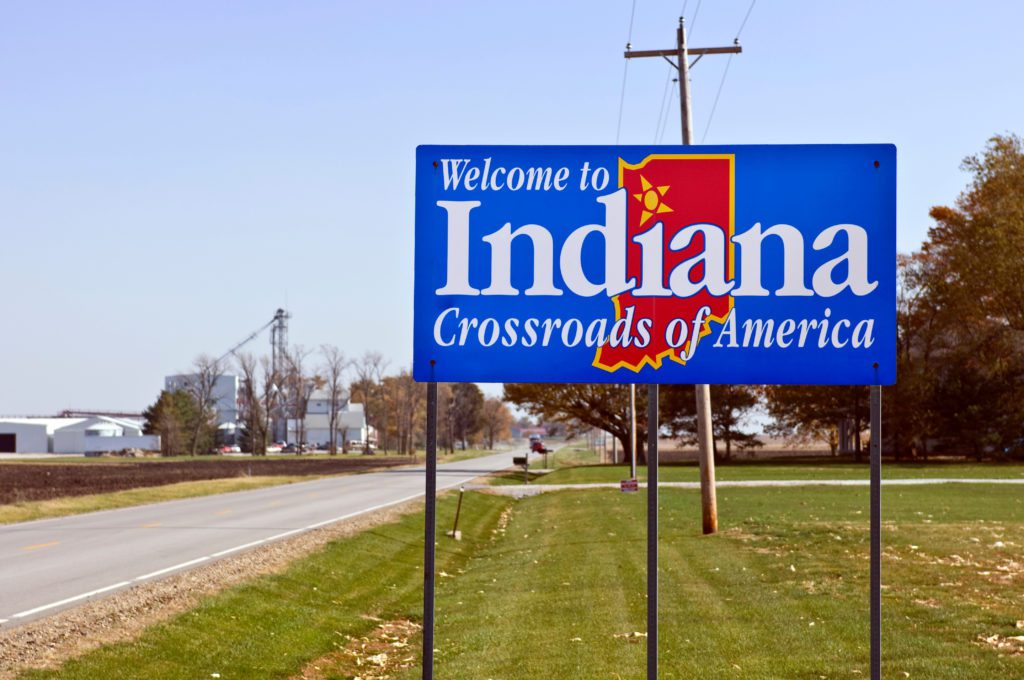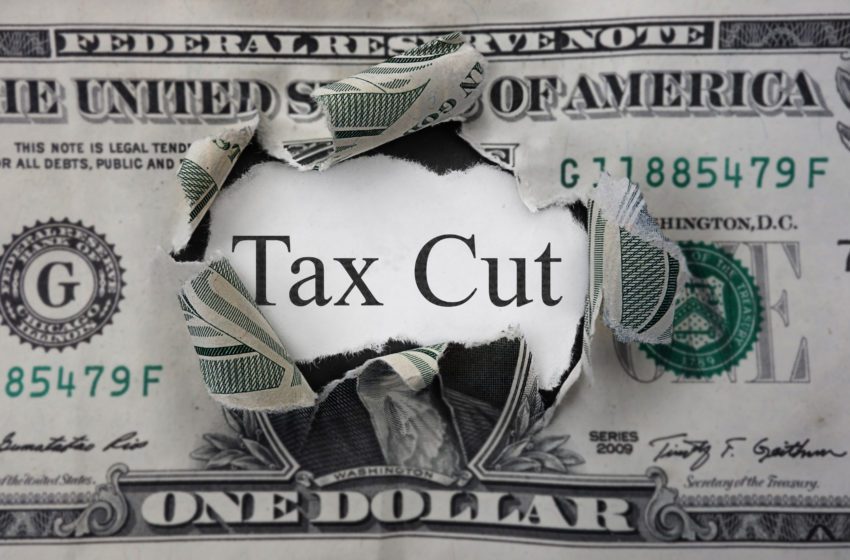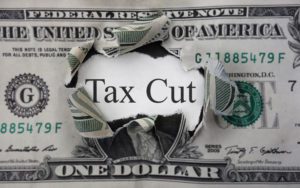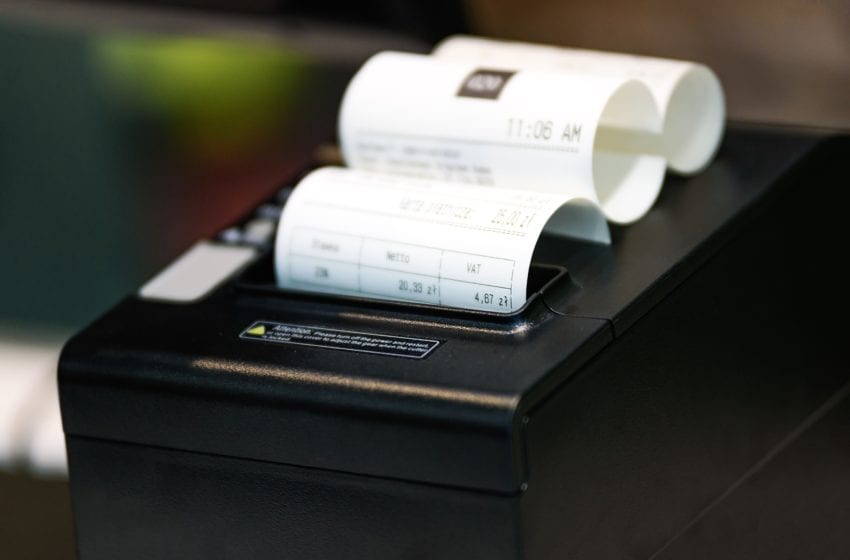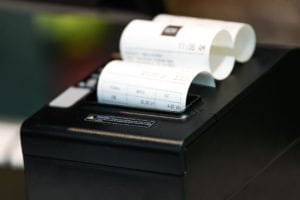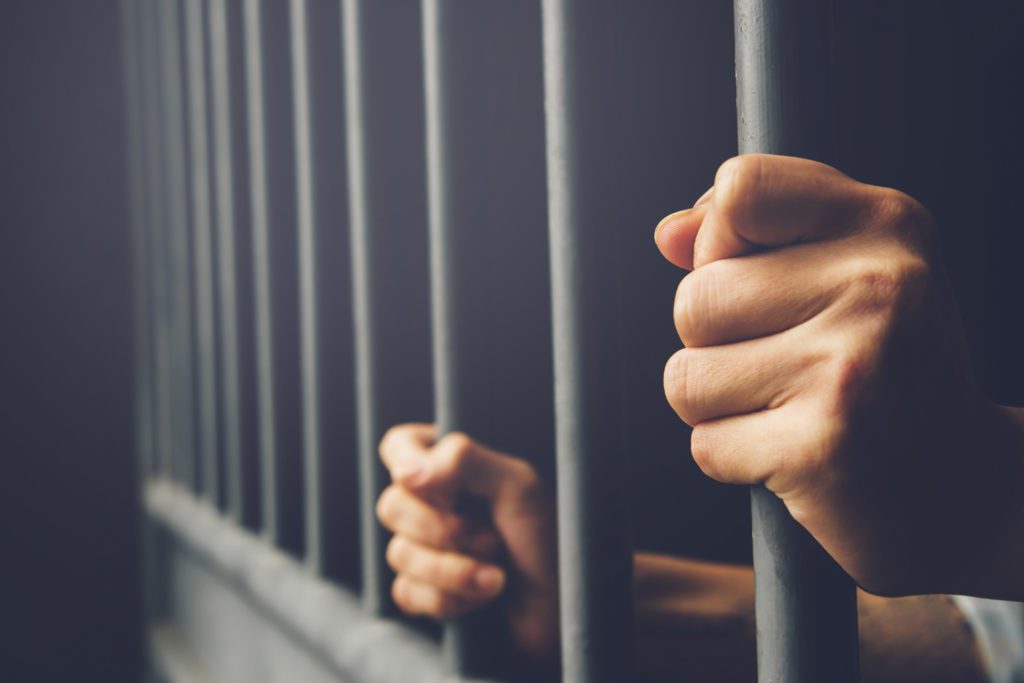
An attempt by county commissioners in the U.S. state of Indiana to regulate e-cigarette and nicotine use in the local jail went too far, the state’s Court of Appeals has affirmed.
In 2012, the Indiana Legislature prohibited smoking in places of employment, state government vehicles, public places, and within eight feet of an entrance to a public place or place or employment.
After passage of that legislation, the commissioners of Clinton County enacted an order prohibiting smoking in all county offices and places of employment, including the county jail, according to The Indiana Lawyer.
Then in 2019, the Clinton County Sheriff’s Office received a certificate from the Indiana Alcohol and Tobacco Commission authorizing it to sell e-cigarettes and nicotine pouches to inmates. The inmates began purchasing the products and using them while housed in the jail.
According to the sheriff’s office, “disciplinary incidents and property damages … significantly decreased” after it received the certification, and the sales were generating enough income to be used for educational programs, religious literature and extra training opportunities for the inmates.
However, in 2021, the county commissioners passed an order that prohibited e-cigarettes and any smokeless tobacco in all county offices and buildings. The sheriff’s office immediately stopped selling e-cigarettes and nicotine pouches at the jail.
But the sheriff’s office also filed a complaint for declaratory judgment in Montgomery Superior Court, arguing the commissioners were attempting to regulate the conduct of inmates, which exceeded their authority.
For their part, the commissioners claimed they had authority to enact the order based on Indiana’s Home Rule Law.
Both parties moved for summary judgment, and the trial court ruled in favor of the sheriff’s office. It also denied the commissioners’ subsequent motions to correct error and for relief from judgment based on newly discovered material evidence.
The commissioners appealed and the Court of Appeals affirmed.
“In circumstances like those before us, where the Sheriff’s Office is required to take reasonable precautions to protect the life, safety, and health of an inmate in the county jail, ‘county commissioners do not have control over the acts of a sheriff,’” Judge Melissa May wrote, citing Robins v. Harris, 740 N.E.2d 914, 919 (Ind. Ct. App. 2000). “While the Commissioners have the power to enact a general ordinance governing the use of e-cigarettes in county buildings under the Home Rule Act, the Commissioners do not have the authority to regulate the use of e-cigarettes in the county jail because that power is entrusted in the Sheriff’s Office pursuant to the Take Care Provision (Indiana Code § 36-2-13-5(a)(7)).”


